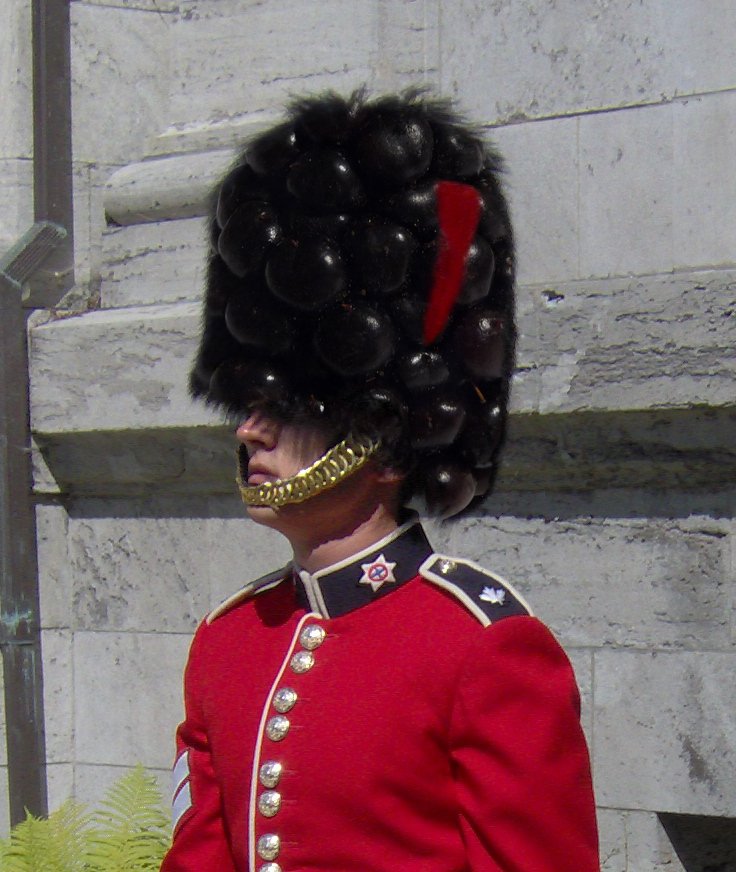

It was exactly two weeks ago that we wrote about BlackBerry becoming aggressive with patents. Only days later we found out that their chief patents guy had left. BlackBerry has a large number of patents granted by the USPTO, even though BlackBerry is Canadian.
BlackBerry stopped making its own phones last year and began licensing its technology and brand to other companies. Up to this point, those deals have included BlackBerry’s hardware patents, some of which go back to the nascent days of the smartphone era. This deal shows there is demand for the company’s version of the Android software on its own, said Alex Thurber, head of mobility solutions division for the Waterloo, Ontario-based company.
Apple and Samsung have meanwhile responded to each other's proposed tests (Apple brief, Samsung brief). They accuse each other's proposal of being inconsistent with the Supreme Court decision, other case law, and statutory law. Up to a certain degree, I agree with Mr. Levy's criticism of Apple's proposed test: Apple is simply trying to salvage a $400 million award through a test that has rather subjective elements such as "how" a design was used, "how" a product was sold, or "the degree to which the asserted article of manufacture is physically and conceptually distinct from the product as sold." That kind of test would be a recipe for lengthy trials and confused juries, in many cases even hung juries.
[...]
A really interesting panel debate--the 90-minute recording is worth watching in its entirety-- took place in Washington D.C. the week before last. A Law360 reporter attended and noted that this design patent damages issue divides the patent world. Professor Rebecca Tushnet (Harvard) published some of the panelists' statements on her blog. I'll probably get back to some of what was said on that panel at the next procedural juncture.